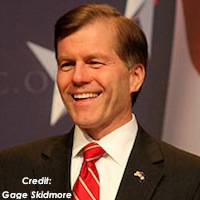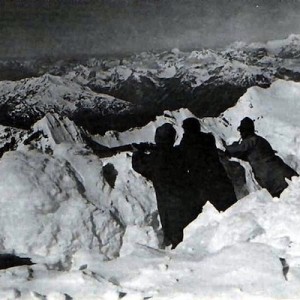Protests in Ukraine, active since November, have turned increasingly violent this past week in the face of government crackdowns. As I’ve argued before on this blog, while the Ukraine/EU/Russia triangle is a highly complex and multifaceted problem, a lot of the present crisis ultimately ties back to and derives from Ukraine’s unwillingness to deal seriously with its huge divide between its ethnically Ukrainian population and its ethnically Russian population. No matter which one is in charge, the other is upset and ready to protest.
Yes ethnically Ukrainian protesters should have a right to express themselves peacefully and freely. Yes the current ethnically Russian-led government should be able to enact some major policies its base supports, assuming they don’t oppress the other side or restrict freedoms by group. But the protesters and elected officials — who are mutually antagonizing each other into ratcheting up the stakes and responses — all need to realize that the state should accommodate the interests and acknowledge the views of all its citizens, including both those who elected the ruling party and those who did not.
That means the ruling party sometimes watering down policies more than its base would like (to protect the other side from abuses) and the opposition sometimes accepting that policies will be enacted even if they don’t agree with that course (because sometimes the majority has to get its way).
There has to be a unified, national identity to make the country function and cohabitate peacefully in the long run. It can’t always be about trying to impose the will of one group on the other group or resisting the winning party’s agenda at all costs.
And in turn, however, the West needs to step up to the plate and stop hovering anxiously as if they have no role or influence. They can put pressure on Russia to stop pressuring/intimidating the Ukrainian leadership and its eastern, ethnically Russian population.
They can also reiterate to the pro-Western protesters (and the pro-Russian government for that matter) that there’s a middle ground between never getting your way and getting your way by any means necessary. To be part of the European project, those protesters can’t light the country on fire. That doesn’t fly in liberal-democratic communities. Sometimes you have to be willing to allow for differences of opinions and policy — such as whether to form trade partnerships with Russia versus with the EU — without taking to the streets and brawling with the police.
Right now, Ukraine is standing at a decision point about what kind of a country it wants to be, both politically and as a people. It’s a dangerous moment because the West is dithering and refusing to take action or speak up seriously. It’s time for a public expression of the nuances that come with liberal democracy… as well as a reminder that a unified nationalism, divorced from ethnic divides, will be necessary to make Ukraine work.
Building a nation and a true liberal democracy is tough stuff. There are no easy solutions here. Both sides are intensifying the situation and responding inappropriately (and would likely do the same if power roles were reversed). Everyone needs to step back now and figure out if this path is the one they really want to go down. There has to be something that can bring everyone together as one nation, without regard to language or ethnic differences.
For more discussion, listen to our most recent radio episode, “Arsenal for Democracy 70 – Afghanistan, Ukraine, Christie.”



 Less than two weeks after turning over the keys to the governor’s mansion, Republican former Virginia Governor and presidential once-hopeful Bob McDonnell and his wife were indicted by a Federal grand jury on 14 felony counts.
Less than two weeks after turning over the keys to the governor’s mansion, Republican former Virginia Governor and presidential once-hopeful Bob McDonnell and his wife were indicted by a Federal grand jury on 14 felony counts. Almost a century after the start of World War I, Italy is
Almost a century after the start of World War I, Italy is 


